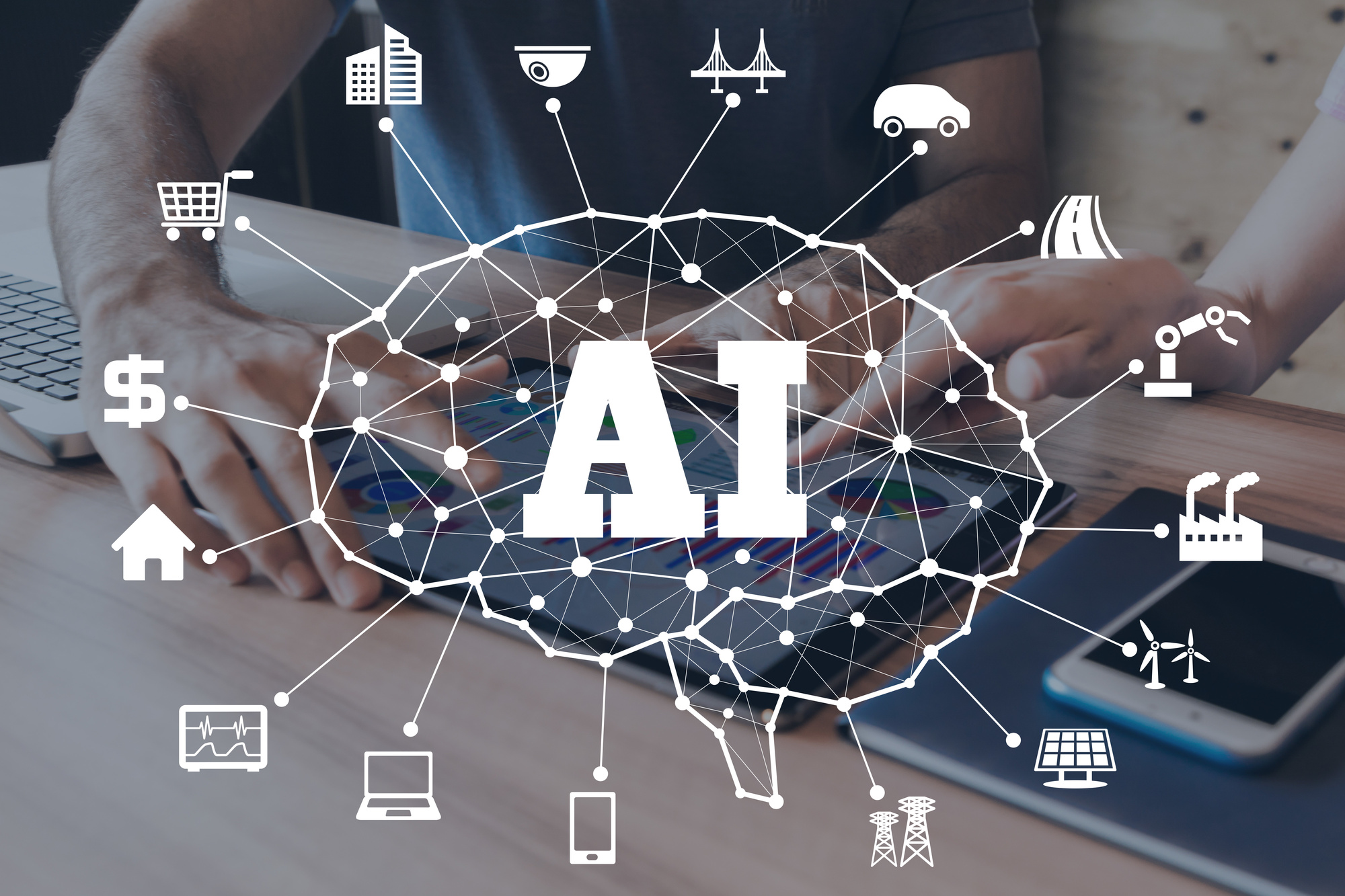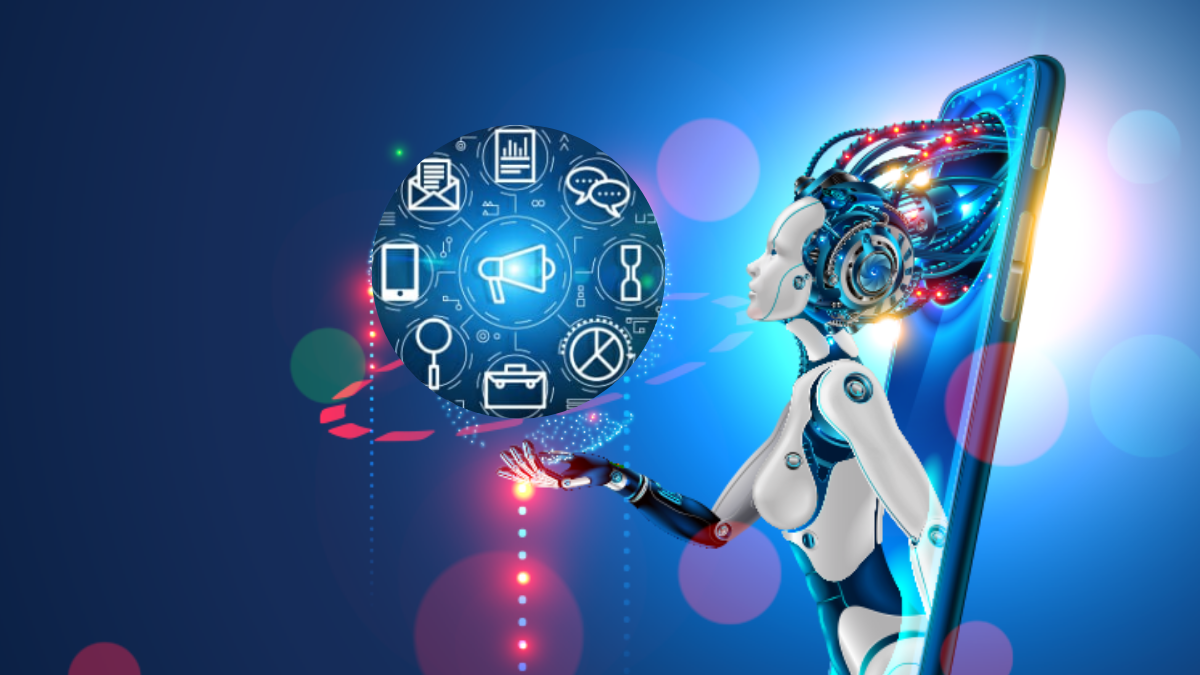
When given enough data, AI can think, read, and react almost like humans. However, it is best known for robotics, speech recognition, and image recognition.
Why is Artificial Intelligence gaining popularity?

1. Know your audience better
By analyzing data, AI can easily predict target customers’ purchasing behavior and decisions, improve user experience, and deliver what customers really need.
2. AI analyzes deeper data for insights
Data insight is the ability to understand specific business phenomena using machine learning and artificial intelligence (AI) technologies. For example, a machine learning model predicting customer churn can reveal churn rate drivers and help change business strategies and processes.
3. Efficient work
Providing general AI support can increase employee satisfaction and productivity. Automation can replace work that is considered unproductive.
Workers can devote more time to tasks that require human intelligence and creative problem-solving skills. Data entry, separating leads from a marketing campaign, and answering customer questions can all be automated by chatbots and AI.
Human intervention can be reserved for complex customer interactions and non-pre-programmed problems.
4. ROI growth
AI can automate repetitive tasks. This can boost output. In fact, according to Forbes’ Joe McKendrick, more than half (51%) of decision makers acknowledge that AI can reduce costs. Simultaneously, AI helps businesses increase profits and cut costs.
Marketing AI Benefits
1. Automates marketing
Some people worry about AI replacing humans. Others believe AI works with humans, not ‘instead of’ them.
It can streamline your marketing efforts by intelligently responding to consumer feedback. To market yourself and your business, you no longer need to waste time responding to repetitive queries or FAQs because AI assistants like AmazonEcho can do it for you.
It’s not enough to simply read the device’s activation message. Later, AI can function independently. From purchase to flight booking, to financial management and even financial advice.
2. Clarifies
According to a recent survey, 71% of marketers believe brands don’t understand consumers. The majority of marketers want brands to spend more on customer awareness and relationships. Get clear, accurate answers when you need them with AI-powered voice guidance, technology, and IoT.
3. Natural Dialogue
When voice assistants were new, they could recognize your voice and respond, but not carry on a conversation.
Modern voice assistants like Google can now maintain a feedback loop and even have short conversations with users.
4. Vocal Recognition and Security
Siri and other AI voice assistants use voice recognition to help users. It also provides extra security by only activating when the owner speaks.
The device intelligently recognizes voice changes and modulations, so it always responds to the device owner.
Application of Artificial Intelligence in Digital Marketing for Your Company

1. Chatbots
The most common application of AI is a chatbot. When you think about chatbots, Google Dialogflow, Amazon Lex, and Azure Bot services come to mind. These bots help your apps and services understand your instructions. Several AI Chatbots like WotNot can help you communicate better with customers using no-code. You can use chatbots to interact with current and potential customers on websites, emails, apps, and texts.
2. E-mail
Brands use AI to personalize email marketing campaigns based on user ratings. This will improve your connection and possibly allow you to switch to the client.
Based on the data of millions of consumers, machine and auto-learning generate the best time and day of the week to contact users, recommended frequency, and the most intriguing content in the subject and title of the email. The A/B test takes time and may contain errors. In this sense, AI can help you personalize email content for each subscriber.
3. Online content search
Advertisers must constantly develop and publish content to keep up with changing needs. Amazon’s Echo, Microsoft’s Cortana, and Google’s Home are recent examples. By pressing all simple buttons, you can ask basic questions and enable voice control.